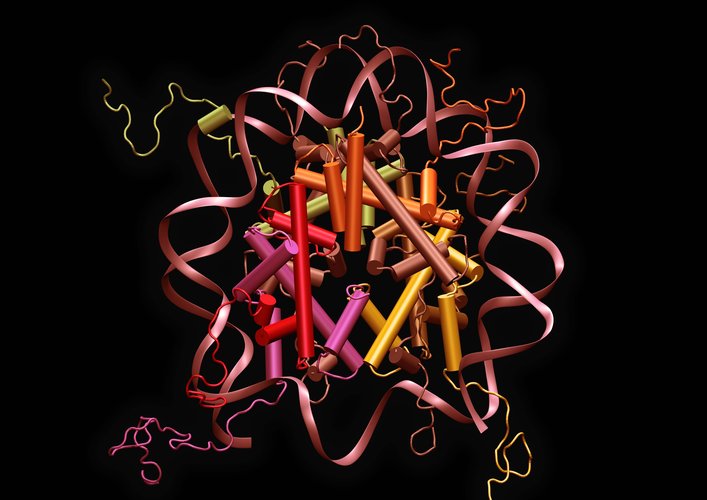
Epigenetics: New Tool for Precision Medicine
In a series of four papers, published in Nature Biotechnology and Nature Communications, an international group of scientists led by CeMM’s Principal Investigator Christoph Bock and Stephan Beck (University College London, UCL) have marked the feasibility of epigenetic analysis for clinical diagnostics and precision medicine.
Epigenetic changes occur in all cancers, and in various other diseases. Measuring these changes provides unprecedented insights into the disease mechanisms at work in individual patients, which is important for better diagnosis and patient-specific treatment decisions.
The now published studies constitute a…

EU-LIFE Science and Strategy Meetings 2016 at CeMM in Vienna
The EU-LIFE Scientific Workshop organized by the translational research working group of the EU-LIFE institutes took place from May 12-13, 2016 at CeMM in Vienna. Following successful meetings on “Biology of Cancer” (2014, CRG) and “Epigenetics and Disease” (2015, BRIC), this year’s topic was on "Inflammation and Immunity in Health and Disease". Three sessions explored autoimmunity, T-cells in cancer immunology, and innate pathways in cancer immunology.
The meeting format of “tandem talks” had been pioneered in the previous scientific meetings: Two speakers are exploring one topic or closely related concepts from two different perspectives.…
Read more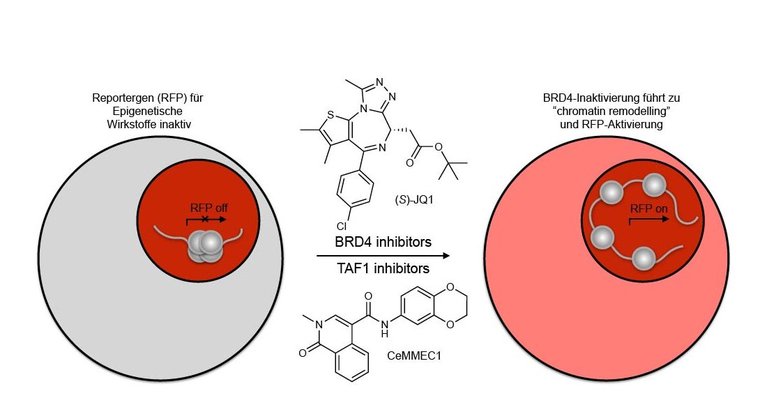
Red glowing cells reveal new epigenetic targets against leukemia
Epigenetic modifications are an important factor in cancer development and a promising target for its treatment. With red glowing cells, CeMM researchers in collaboration with groups at Oxford University and IMP Vienna found new small molecules, which trigger specific epigenetic modifications and thus are promising compoundsforthe treatment of blood born cancers. Their study was published in Nature Chemical Biology.
For Stefan Kubicek, red light means hitting the bull´s eye: His research group at CeMM developed fluorescent cell lines which signal the inhibition of specific epigenetic modifications by bright red radiance. When a substance…
Read more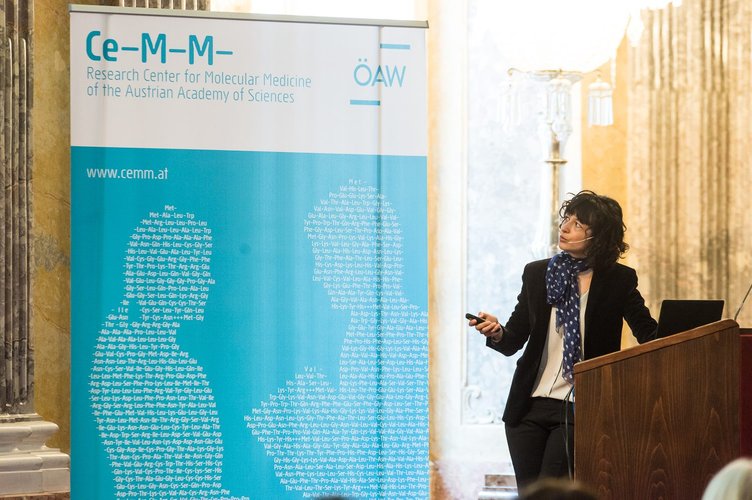
10th CeMM Landsteiner Lecture by Emmanuelle Charpentier
Emmanuelle Charpentier held the 10th CeMM Landsteiner Lecture on May 6, 2016, in the festive hall of the Austrian Academy of Sciences, which was filled up to the last place. Her magnificent talk on the CRISPR technology delighted scientists and lay audience alike and was also broadcasted via live stream.
"A fast and easy tool was needed - and that's was CRISPR brought. The CRISPR-Cas technology allows precise gene surgery in any cell and organism" – with those almost casual sounding phrases, Emmanuelle Charpentier summed up her discovery which has revolutionized biomedical research within only a few years and will have a fundamental impact…
Read more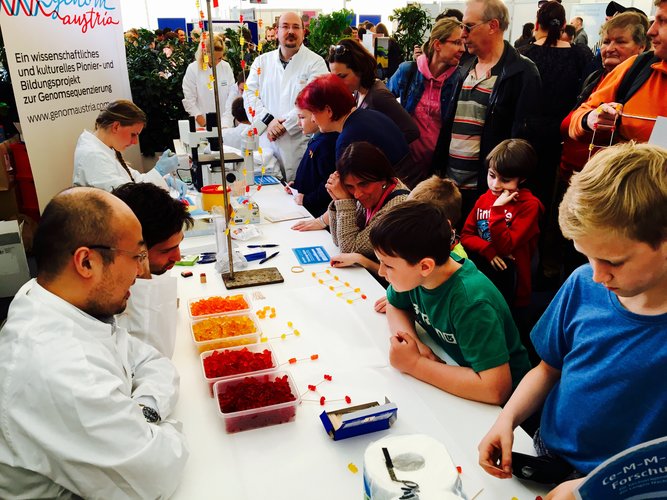
CeMM at Vienna’s long night of science
Extracting DNA of strawberries, observing your own cells under the Microscope or building “DNA strands” with gummy bears: The CeMM booths at the long night of science presented molecular medicine’s basics and methods in an interactive and playful way – especially to children.
On Friday, 22nd of April, the seventh “long night of science” / “Lange Nacht der Forschung”, organized by the Federal Ministry of Science, Research and Economy, took place all over Austria. In Vienna, CeMM was represented in two different places: The Ministry’s tent at the Heldenplatz, and the Medical University at the AKH campus. While in the first district the focus…
Read more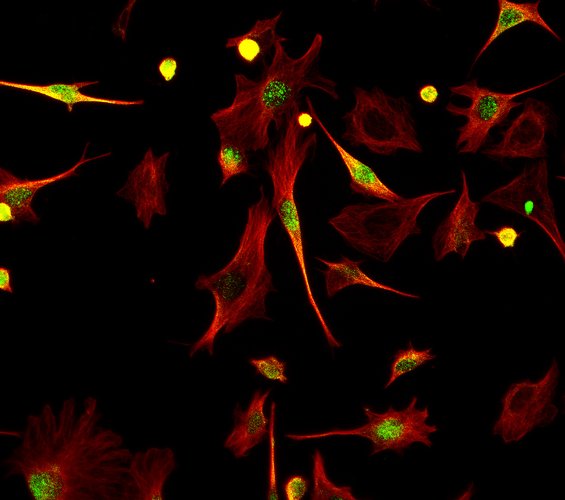
How Cells Cope with Replication Stress
DNA damage frequently occurs during cell division, its repair is essential for survival for every organism. Scientists at CeMM have now discovered new mechanisms that maintain genetic material during cell division. Their study was published in Cell Reports and provides new potential approaches for cancer and Alzheimer's therapy.
Reproducing is stressful, a fact well-known to all parents. Yet, it also applies to the smallest units of life: The cells. Each cell division requires a duplication of its entire genetic material, frequently resulting in damage to the enormous DNA molecules – the cell is experiencing "replication stress". In…
Read more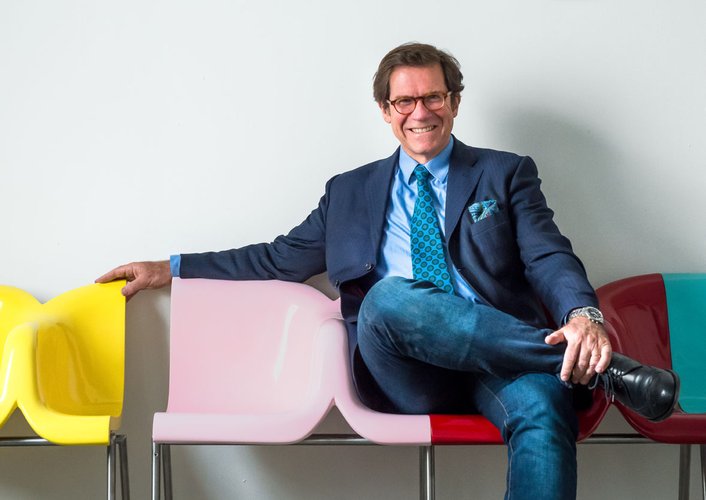
2nd ERC Advanced Investigator Grant for CeMM Scientific Director
Giulio Superti-Furga, scientific director at the CeMM Research Center for Molecular Medicine of the Austrian Academy of Sciences and Professor of Medical Systems Biology at the Medical University of Vienna is to receive the Advanced Investigator Grant of the European Research Council ERC in the amount of approximately 2.5 million euro. The term for the prestigious grant is 5 years.
"ERC Grants are the most important promotions for life sciences in Europe. Unfortunately, the situation is becoming increasingly competitive due to budget cuts," says Giulio Superti-Furga who has built up and is leading CeMM at the campus of the Medical University…
Read more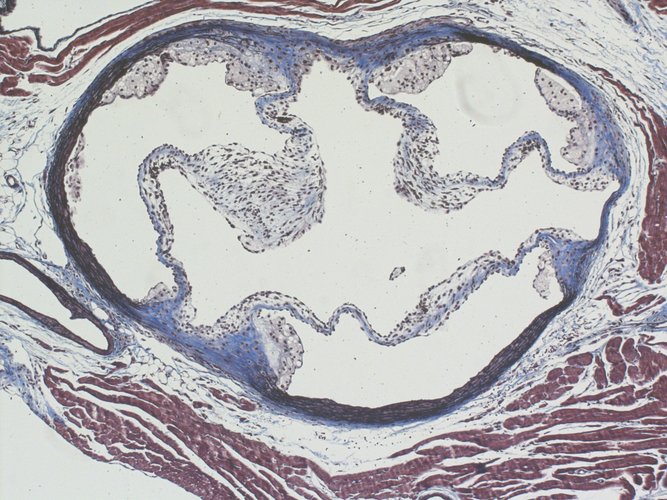
Natural Antibodies Prevent Atherosclerosis and Inflammation of the Liver
Excessive LDL cholesterol in the blood is dangerous as it penetrates vascular walls, causes chronic inflammation and leads to atherosclerosis and liver inflammation. A group of antibodies, present in the body from birth, counteracts these inflammations and the resulting illnesses.
A certain group of white blood cells – B-1 cells – work against the life-threatening damage to vessels that can lead to heart attack and stroke: These cells produce naturally occurring antibodies that bind oxidised LDL and neutralise it, disrupting the inflammation. A discovery made by scientists from the lab of Christoph Binder, group leader at the CeMM and…
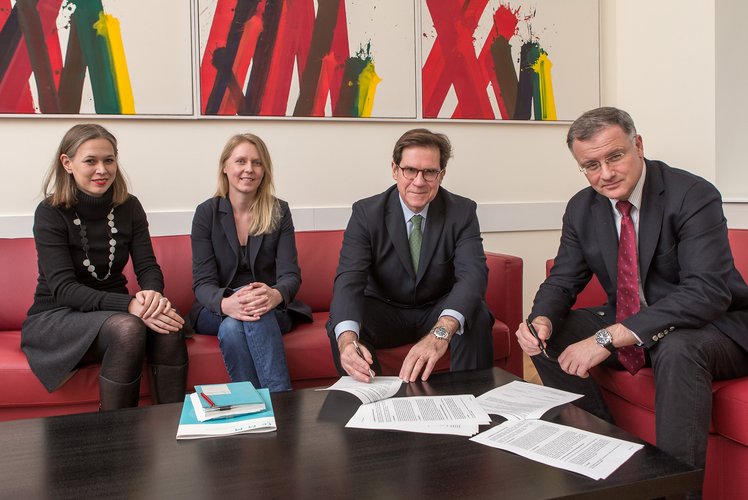
MedUni Vienna and CeMM are further strengthening their partnership and cooperation
On Tuesday, March 1, Rector Markus Müller, Vice Rector Michaela Fritz, and the CeMM Directors Giulio Superti-Furga and Anita Ender have signed a framework agreement which allows the mutual usage of specific infrastructure and further strengthens scientific collaborations and common projects.
CeMM’s research is strongly oriented towards medical needs and integrates research on fundamental biological processes with clinical expertise to gain new insights into human pathophysiology and develop innovative diagnostic and therapeutic approaches. The research focus is on cancer, inflammation, infection and metabolism. The Medical University of…
Read more
Rare but relevant: Deep Insights at the 1st Symposium of the Vienna Center for Rare and Undiagnosed Diseases
From 19th to 20th February 2016, rare and undiagnosed diseases were illuminated from many different angles with a terrific selection of speakers at the first Symposium of the Vienna Center for Rare and Undiagnosed Diseases (CeRUD).
In seven sessions, many important aspects of research, therapeutic options and international collaboration were covered. A rich and diverse poster session allowed insights into ongoing projects and the generous framework program provided an ideal occasion for exchange of the nearly 300 participants. On the previous day, William Gahl, Director of the Undiagnosed Diseases Program of the National Institute of Health…
Read more